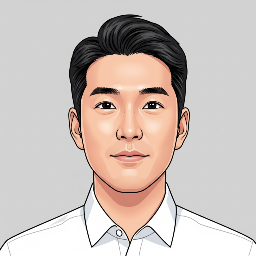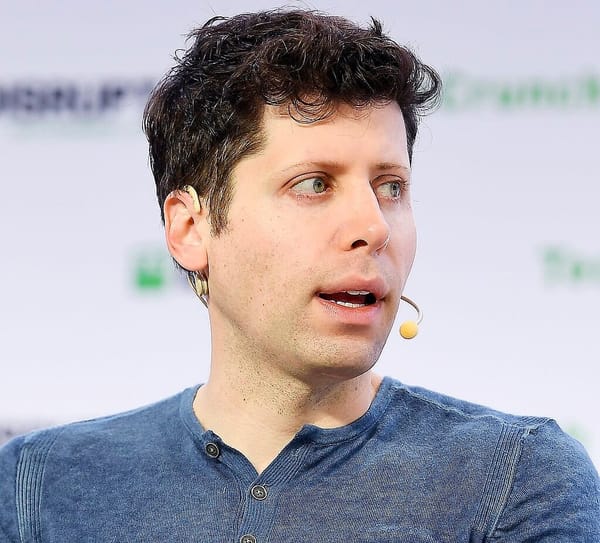The Architect of Tomorrow: Inside Sam Altman's Grand Blueprint



In the heart of Silicon Valley, there is a figure designing the future of humanity: Sam Altman, the CEO of OpenAI. He is more than just the leader guiding the development of artificial intelligence (AI); he is a visionary presenting a bold blueprint to solve the grand challenges facing humankind, from energy to social systems. What future is the man known as the father of ChatGPT envisioning? We take a deep dive into his business philosophy, vision, and the path he walks.
To understand Sam Altman's vision, one must first talk about Y Combinator, an indispensable part of his career. In 2014, at the age of 28, he became the president of Silicon Valley's top startup accelerator, inheriting and expanding upon the founding philosophy of Paul Graham.
His principle was clear: "Invest in the future, not the market." He focused on the potential to fundamentally change the world rather than on immediate market trends or profitability. He didn't just seek out profitable businesses; he identified startups with ideas essential for humanity, mentored them, and nurtured them into "world-conquering" companies. Giants like Airbnb, Dropbox, and Stripe grew into unicorns under his discerning eye and philosophy. This demonstrates that his conviction to improve human life through technology, beyond mere profit-seeking, was firm from the very beginning.
Altman's vision reaches its apex at OpenAI. In 2015, he co-founded OpenAI as a non-profit foundation with figures like Elon Musk, based on the philosophy that artificial intelligence should benefit all of humanity, not be monopolized by a single company or nation.
His ultimate goal is the development of Artificial General Intelligence (AGI). By creating AGI, which can perform any intellectual task that a human can, he aims to maximize human productivity and liberate creativity. He sees AI not as a mere tool, but as an intellectual partner to humans.
Of course, he is also acutely aware of the risks of AI. That is why he constantly emphasizes the necessity of democratic control and social consensus in the AI development process, insisting that human values must be embedded in the technology. He is performing a delicate balancing act between the potential and perils of AI, attempting to steer it in the most beneficial direction for humanity.
Sam Altman's blueprint doesn't stop at AI. He identifies two key pillars to support the society of the future: 'energy' and a 'new social safety net.'
First, the energy problem. To solve climate change, one of the greatest crises facing humanity, and to supply the massive amount of power needed for the AI era, he has turned his attention to nuclear fusion. The fact that he personally invested a staggering $375 million in the fusion energy company Helion shows how firm his belief is. He is convinced that fusion will provide humanity with cheap, clean, and virtually limitless energy, revolutionizing our quality of life.
Second is the future of labor and Universal Basic Income (UBI). Altman foresees a paradigm shift in the economy where AI replaces countless jobs, leading to a decline in the value of labor and a rise in the value of capital. To mitigate the resulting economic inequality and to create a social safety net where all humans can live with minimum dignity, he proposes experiments with UBI. He believes this is more than just welfare; it will become the foundation for a new era where people are free from labor for survival and can pursue their own creative and fulfilling activities.
Sam Altman's grand vision was not forged in a vacuum. Y Combinator founder Paul Graham was his steadfast mentor. Graham's teaching, "Make something people want," became the bedrock of Altman's business philosophy. Furthermore, the success stories of world-changing innovators like Apple's Steve Jobs and the founders of Google provided him with great inspiration.
Of course, there were also moments of conflict that hardened his vision, such as his split with OpenAI co-founder Elon Musk. Musk's sharp criticism regarding AI safety paradoxically pushed Altman to think more deeply about the ethics and control of AI.
In conclusion, Sam Altman is a figure with a clear goal: to solve the fundamental problems facing humanity through technology and to create a future where everyone can live a more prosperous and meaningful life. His path may sometimes seem overly idealistic or radical. However, his relentless pursuit to find his own answers to the colossal question of humanity's future and to turn them into reality clearly shows why we must pay attention to him. The world is watching with bated breath to see what kind of future his blueprint will bring us.